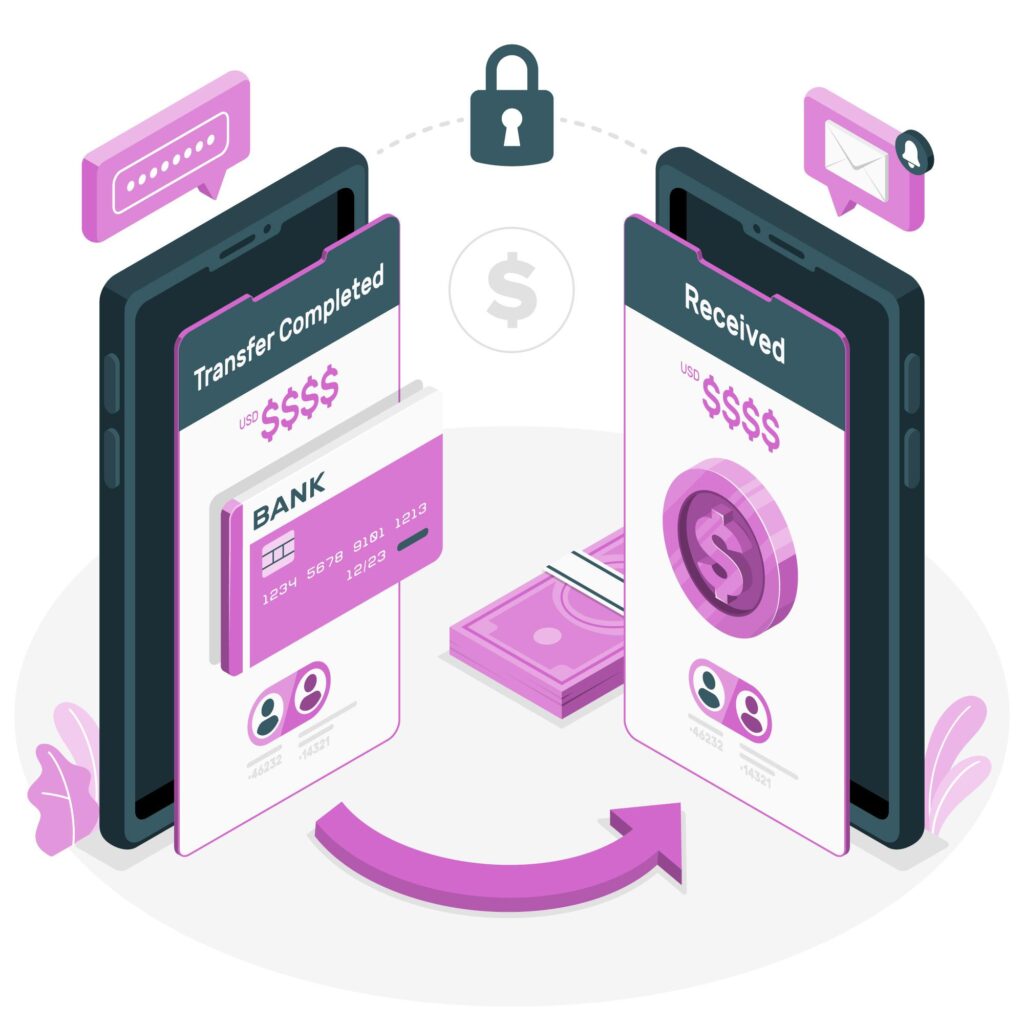
In today's globalized marketplace, businesses often engage in international transactions, necessitating efficient and secure payment processing across borders. However, navigating international payments comes with unique challenges in the merchant account industry. In this article, we will explore the challenges faced by merchants and the solutions available to streamline international payment processes.
The Challenges of International Payments
Currency Conversion
One of the primary challenges in international payments is currency conversion. When conducting cross-border transactions, businesses need to convert the payment amount from the customer's currency to their own currency. Fluctuating exchange rates and currency conversion fees can impact the final settlement amount received by the merchant. Additionally, businesses must ensure accurate and timely currency conversion to avoid any discrepancies or losses.
Regulatory Compliance
International payments involve compliance with various regulations and legal requirements. Each country has its own set of rules and regulations governing cross-border transactions, including anti-money laundering (AML) and know your customer (KYC) regulations. Merchants must navigate these regulatory frameworks to ensure compliance and mitigate the risk of penalties or legal consequences.
Fraud and Security Risks
International transactions are susceptible to fraud and security risks. Criminals often target cross-border transactions due to the complexity of international payment processes and the difficulty in tracing fraudulent activities across different jurisdictions. Merchants need robust fraud prevention measures and security protocols to safeguard their businesses and protect customer data during international transactions.
Cultural and Language Barriers
Operating in international markets requires overcoming cultural and language barriers. Merchants need to understand the cultural nuances and payment preferences of their target markets to provide a seamless payment experience. Language barriers can also pose challenges in customer support and dispute resolution, requiring effective communication channels and multilingual support options.
Solutions for Streamlining International Payments
Global Payment Gateways
Utilizing global payment gateways can simplify international payments for merchants. These payment gateways support multiple currencies and provide integrated currency conversion services. Merchants can accept payments in various currencies and receive settlements in their preferred currency, reducing the complexity and costs associated with currency conversion.
Compliance and Regulatory Tools
To navigate the regulatory landscape of international payments, merchants can leverage compliance and regulatory tools. These tools automate compliance processes, verify customer identities, and facilitate AML and KYC checks. By integrating these solutions into their payment systems, merchants can ensure regulatory compliance and streamline the onboarding process for international customers.
Enhanced Fraud Prevention Measures
Implementing advanced fraud prevention measures is crucial for international payment security. Merchants should invest in robust fraud detection systems that analyze transaction patterns, detect anomalies, and employ machine learning algorithms to identify potential fraudulent activities. Additionally, utilizing secure payment protocols such as tokenization and encryption can protect sensitive customer information during international transactions.
Localization and Customer Support
To overcome cultural and language barriers, merchants can localize their payment interfaces and provide multilingual customer support. Localization involves adapting payment processes, user interfaces, and payment methods to align with the preferences of different international markets. Offering multilingual customer support ensures effective communication and resolution of customer queries or issues, enhancing the overall customer experience.
Partnerships with Local Acquirers
Collaborating with local acquirers or payment service providers can simplify international payment processes. Local acquirers have in-depth knowledge of regional payment systems, regulations, and cultural norms. They can provide guidance on local payment methods, facilitate smoother transactions, and assist with navigating the complexities of international payments.
Conclusion
International payments pose unique challenges in the merchant account industry, including currency conversion, regulatory compliance, fraud risks, and cultural barriers. However, by leveraging appropriate solutions and strategies, merchants can streamline international payment processes and expand their global reach. Adopting global payment gateways, implementing compliance tools, enhancing fraud prevention measures, localizing payment interfaces, and partnering with local acquirers are effective ways to navigate the complexities of international payments and drive success in the global marketplace.
Topics
- Payment Processing Trends in the Gaming Industry
- The Future of Payment Processing: Trends and Innovations
- Choosing the Right Payment Processor for Your Gaming Business
- No Chargeback vs Traditional Payment Processors
- The Impact of No Chargebacks on Customer Trust
- Fraud Prevention in No Chargeback Merchant Accounts
Categories
- adult merchant accounts (7)
- alternative payments (10)
- Blockchain Merchant Account (1)
- chargeback (11)
- Chargeback Prevention (7)
- Cloud Payment Processing (1)
- Contactless Payment Processing (1)
- crypto currency merchant account (5)
- debt collection merchant account (1)
- Direct Response Merchant Account (1)
- ecigarette merchant account (1)
- Ecommerce (8)
- fantasy sports (2)
- Fantasy Sports Merchant Account (3)
- Forex Merchant Accounts (1)
- Global eCommerce (13)
- health care credit card processing (4)
- high risk merchant account (139)
- high risk payment gateway (44)
- high risk processing (72)
- Independent Software Vеndоrѕ (2)
- International Merchant Account (13)
- international merchant accounts (28)
- international payments (24)
- medical billing (4)
- merchant accounts (25)
- mobile payments (7)
- MOTO merchant account (1)
- Multiple Currency Payment Processing (5)
- nutra merchant account (5)
- Nutraceutical Merchant Account (5)
- offshore merchant accounts (11)
- Online Dating Merchant Account (1)
- Online Gaming Merchant Account (3)
- Online Gaming Merchant Accounts (4)
- p2p network payment processing (1)
- payment gateway (22)
- Payment Gateway Chargebacks (4)
- payment processing (60)
- payment processing gateway (65)
- Payment Processing Merchant Account (23)
- payment processing system (42)
- recurring billing (12)
- recurring payments (14)
- SaaS Billing (10)
- SaaS Payment Gateway (1)
- SasS Payment Processing (2)
- Secure Payment Processing (25)
- Telemedicine Merchant Account (1)
- Travel Agency Merchant Accounts (4)
- travel industry merchant account (4)
- travel industry payment processing (3)
- travel merchant account (3)